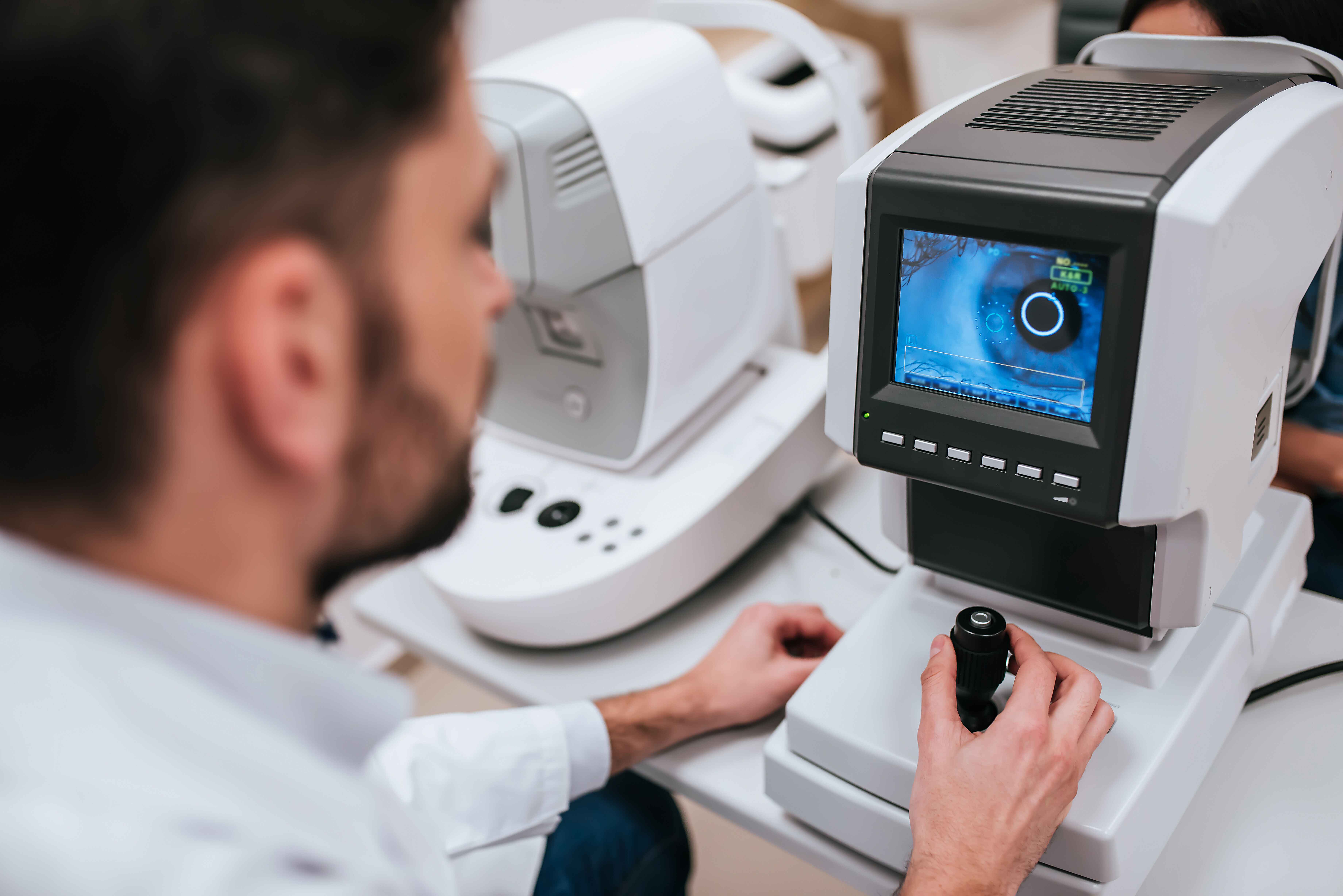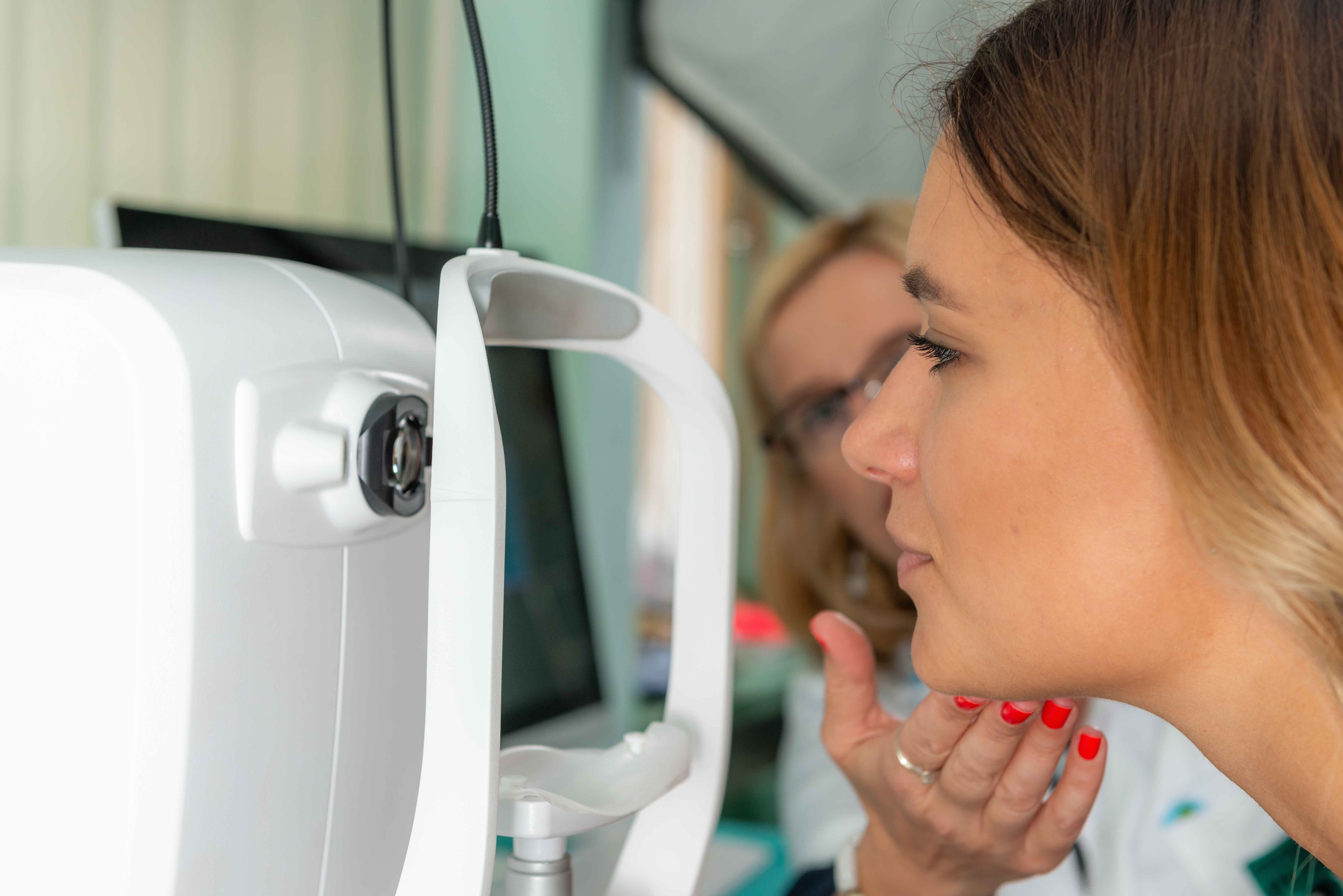Table of Contents
In 2022, California Gov. Gavin Newsom vetoed a measure giving optometrists in the Golden State the legal authority to perform laser eye surgery and some other advanced procedures. It was a victory for ophthalmologists in the ongoing eye doctor or optometrist debate.
Framing the Issues
For optometrists, the veto mainly involved bad timing. In July 2022, the FDA said that Lasik was riskier than advertised. That warning made Newsom’s move seem safety-related. But in reality, the optometrist-vs-ophthalmologist debate is part of a larger turf war that has been raging for some time.
This debate includes not only optometrists and ophthalmologists but also attorneys and paralegals, physicians and physician assistants, and in one particular case, dentists and nondentists.
The North Carolina State Dental Board, which has the power to define practicing dentistry, gave dentists a monopoly over teeth whitening services. Significantly, most NCSDB members were dentists, many of whom made a lot of money whitening teeth.
Nondentits sued, claiming the limited definition of “practicing dentistry” violated antitrust laws. In this case, the Supreme Court agreed.
Justice Anthony Kennedy wrote that “the members of such associations often have economic incentives to restrain competition and that the product standards set by such associations have a serious potential for anticompetitive harm.”That’s Legalese for monopolies to decrease choices, raise prices, and hurt consumers.
Who Benefits from Proposals Like the California Optometry Bill?
Through the years, it’s become apparent that free competition, like optometrists performing laser eye surgery, benefits everyone.
Optometrists benefit because they can use their skills in a new arena and help more people, which is why they became optometrists.
Consumers are probably the biggest winners, which is the primary reason that responsible service expansion is such a good idea. Because optometrists outnumber ophthalmologists this would improve ease of access to eye correction and other procedures. Consumers would have more options to choose the eye care option that best fits their needs.
Service expansion or not, optometrists provide valuable services, such as regular eye examinations. These checkups often spot problems, such as age-related macular degeneration, before they become serious. AMD is degenerative. Early detection and treatment always slow the progress of this disease. It could also reverse it in many cases. Additionally, eye checkups often spot other health conditions, like heart disease and diabetes.
Market Effects
Responsible service expansion is key. Obviously, there’s a little more to laser eye surgery than flipping a switch.
A provider must also evaluate a patient’s medical condition and judge if they are a good candidate for the procedure. Additionally, in light of the recent FDA guidance, providers must warn patients about all known risks and side effects. Finally, providers should do more than collect money, perform procedures, and send patients on their way. They must also follow up as needed.
Optometrists, with their considerable experience and training, check all these boxes. Additionally, service expansion bills, like AB 2236, usually require providers (optometrists in this case) to have more training and experience.
Accessibility is a big factor. Consumers need ready access to eye health services. In Oklahoma, Optometrists outnumber ophthalmologists by more than two to one. Most shopping or mini-malls in Oklahoma have at least one type of optometrist readily available to meet patient needs quickly. Ophthalmologists in Oklahoma are typically more available for weekday appointments.
Lasik is almost always an in-office procedure. The equipment investment is reasonable, at least in relative terms. So, there’s a good chance that local retail or other optometrist offers the services the patient needs.
If you have additional questions or need further guidance on vision care options, Vision Care Direct of Oklahoma is here to help.





















































